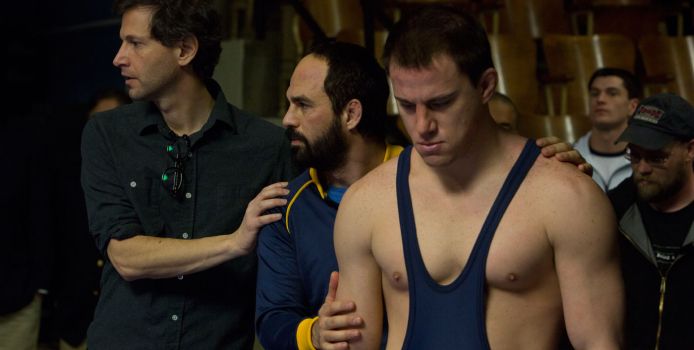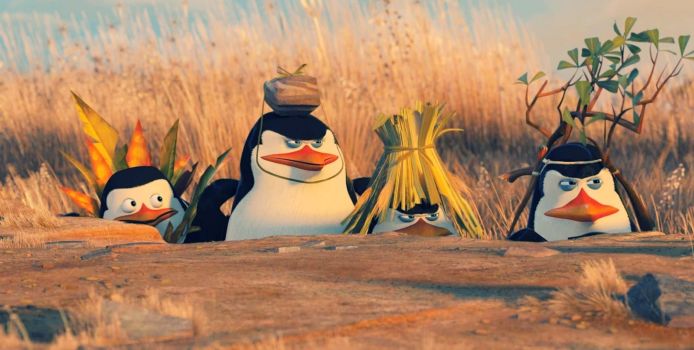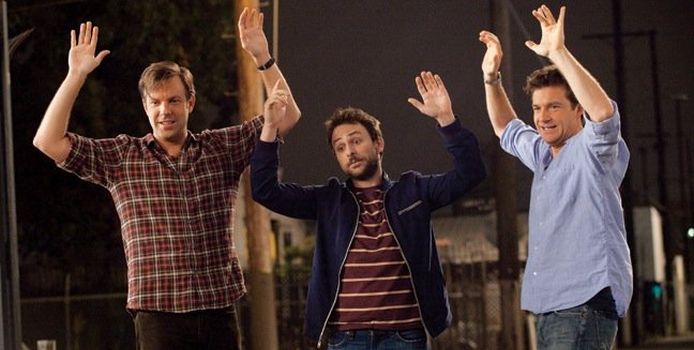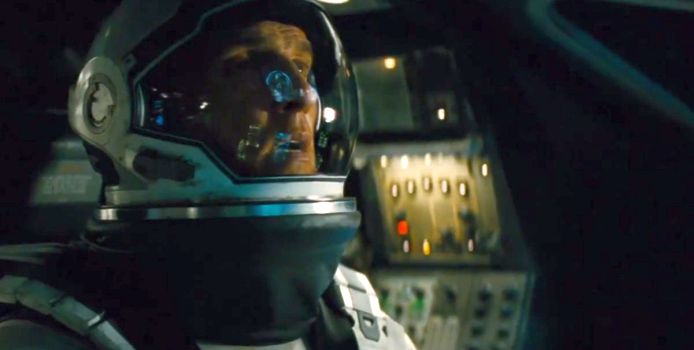2014
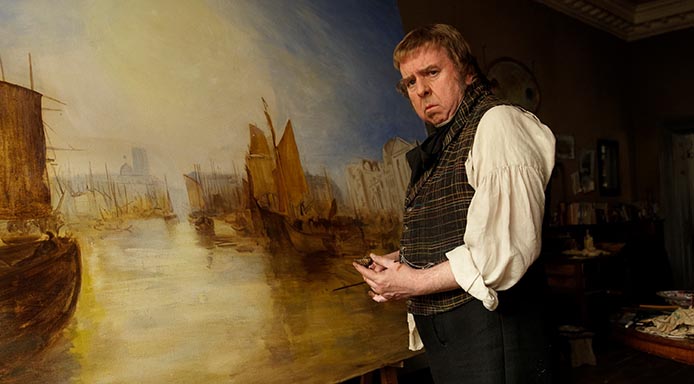
Biopics are difficult to get right, especially if you’re covering the life story of somebody whose life story is already well known. How do you make it entertaining to an audience familiar with the backstory, yet still entertaining to a new audience who aren’t? Mike Leigh’s latest directorial effort Mr.

2014 should really be known as “The Year of the Biopic.” There have been films this past year that were based on many world-reknown icons, from Martin Luther King to Stephen Hawking to pop singer James Brown. And somewhere in the midst of all those comes the story of Alan Turing, a British mathematician that almost single-handedly won World War II.
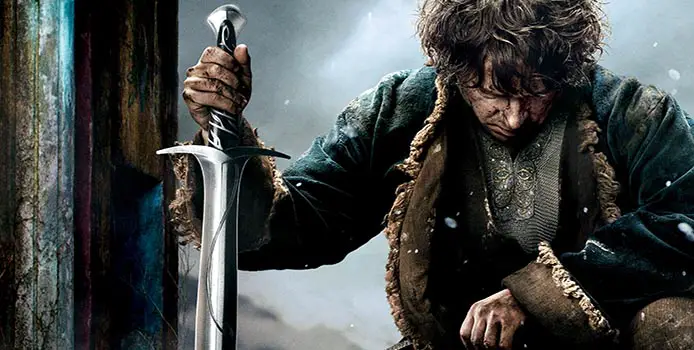
Peter Jackson’s first Lord of the Rings trilogy is potentially one of the finest trilogies ever made. Each film in the series, from Fellowship of the Ring to Return of the King, are all solid masterpieces, containing beautiful cinematography, fine character acting, and iconic soundtracks by Howard Shore. The Hobbit series, on the other hand, is much more inconsistent.

In an era when Hollywood is running out of ideas more than any other previous point in its century-long history, the big studios’ desire to unnecessarily remake everything grows even more unwelcome. It’s not that good remakes can’t be made (after all, The Departed, The Fly and a Fistful of Dollars all exist), but modern audiences are so skeptical of remakes that they tend to stay away in droves. The remakes only seem to happen presumably so that the studios can maintain the copyright to the originals and continue to make heaps of money.
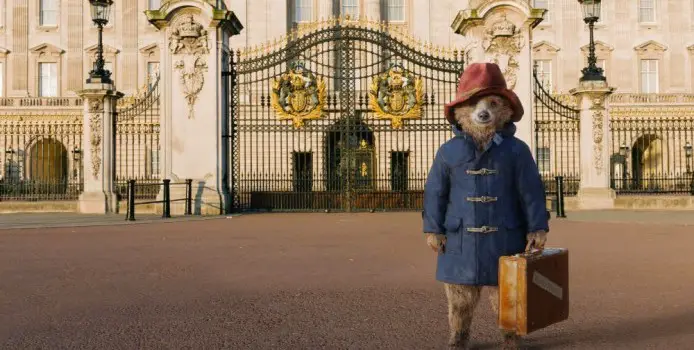
Pretty much every big screen reboot of a beloved childhood TV show has been terrible. Yet for people with a certain nostalgia for it, they will end up loving it regardless of quality. I never watched the Teenage Mutant Ninja Turtles when I was growing up, which is why I can recognize that the recent Michael Bay-produced reboot is terrible, but a worrying amount of people I’m friends with can’t see it as anything other than an extension of what they loved when they were younger.
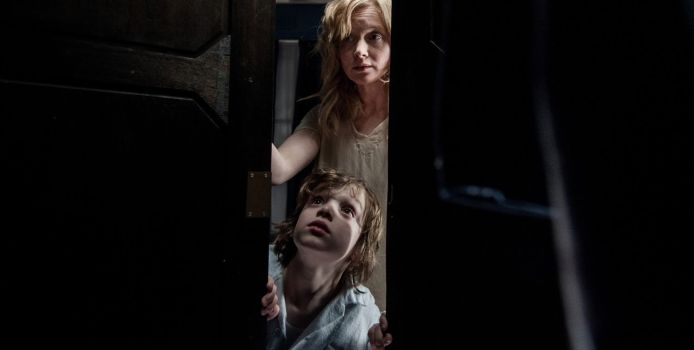
“If it’s in a word, or it’s in a look, you can’t get rid of The Babadook”. The mainstream horror genre is in a bad state at the moment. In the wake of the success of Paranormal Activity, Hollywood studios are taking advantage of the huge financial potential of the genre, and the fact that you can spend very little money on a horror film and make a huge profit off of teenage audiences.

The Theory of Everything is the story of Stephen Hawking, reflecting his life from his early 20’s until decades later after he had become a world icon. It is at times overly romanticized, and tends to overlook certain elements of Hawking’s disease in order to instead focus on the obvious triumphs of his life. It is still a worthy film, though, and this is mostly due to Eddie Redmayne’s fantastic performance.

Every year when Oscar season rolls around I become an increasingly cynical person. I stop enjoying the movies I’m watching and instead start to tick off the list of tropes I see in a game I like to call “Oscar-bait Bingo.” In the coming months, cinema screens worldwide will be treated to my two least favorite Oscar-baiting sub-genres:
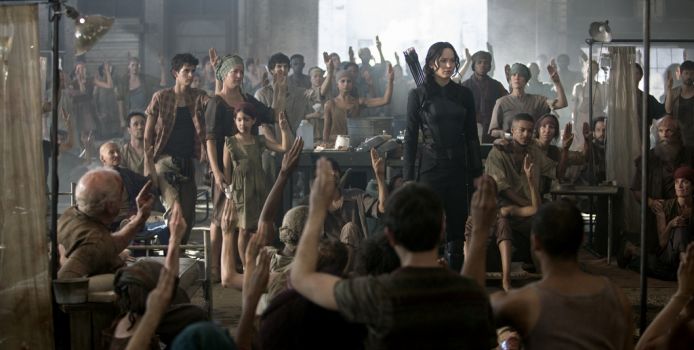
As much as I love movies, I’m completely against the franchise bandwagon. Every time I hear about a movie I love having a successful opening weekend at the box office I get a sense of impending dread that they are going to ruin my memories of it with a plethora of inferior sequels. Even though I grew up on the Harry Potter and Lord of the Rings franchises, both the books and the films, I’m not feeling nostalgia so much as cynicism whenever a prequel is announced or released.
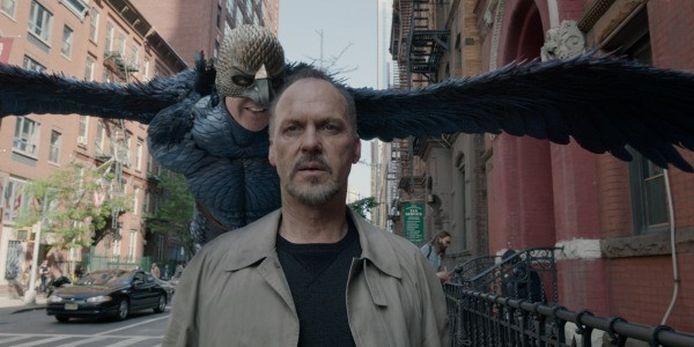
Michael Keaton is one of those “If only he was given a chance, he could have done great things” type of guys. Edward Norton is one of those “If he could just suck it up and take other people’s advice he could be one of the biggest stars in the world” type of guys. This is no secret to us and it is certainly no secret to Alejandro González Iñárritu, who takes full advantage of our outside knowledge to create the only slightly twisted reality of Birdman.

Big Hero 6 takes the cultural stereotypes of the East and West, smashes them together to a fine powder, and fabricates from it a 100-minute ride that is so eye-poppingly pretty, so gently moving and so explosively inventive that it’s the most unabashed, jolting fun you’ll have at the movies this year. Even after turning out two very strong features like Wreck-it Ralph and Frozen, Disney proves once again that its capability to push boundaries of imagination is strengthening by each passing endeavor. Disney at its absolute peak Based on a Marvel comic, directors Don Hall and Chris Williams gather the immense arsenal of talent at Disney to conjure up on screen the beautiful cherry-bomb of a city called San Fransokyo – a hybrid mash-up of the architectural sensibilities and culture of San Francisco and Tokyo.


